Learn from the experts
The Munk School is home to world-class faculty and researchers and has more than 60 core and cross-appointed faculty and academic directors, 34 affiliated named chairs and professorships and some 230 affiliated faculty from across the University of Toronto.
Students learn from faculty and experienced leaders from a range of disciplines, linking theory with real-world experience. The curriculum focuses on the five pillars — global security, global development, human rights and global justice, innovation policy and global markets — giving students the necessary tools to become effective practitioners and leaders in their chosen field.
Get to know the faculty, lecturers and staff that support the Master of Global Affairs program below.


Assistant Professor, Economic Inequality and Societies
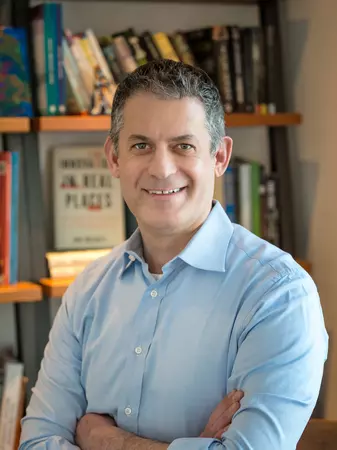
Co-Director, Innovation Policy Lab
University Professor
Munk Chair of Innovation Studies
Munk School of Global Affairs & Public Policy and Political Science, University of Toronto

Director, Research
Roz and Ralph Halbert Professor of Innovation
Professor, Munk School of Global Affairs & Public Policy
Cross-appointed to the Strategy Area at Rotman School of Management

Professor, Department of Political Science
Professor, Munk School of Global Affairs & Public Policy
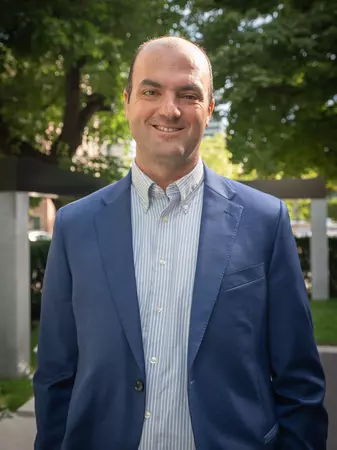
Director, Professional Master’s Programs
Associate Professor, Munk School of Global Affairs & Public Policy
Associate Professor, Department of Political Science

Professor, Munk School of Global Affairs and Public Policy
Affiliated Faculty Member, Centre for European and Eurasian Studies
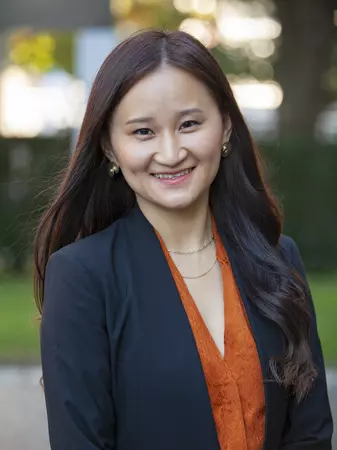
Associate Professor, Munk School of Global Affairs & Public Policy
Associate Professor, Department of Political Science
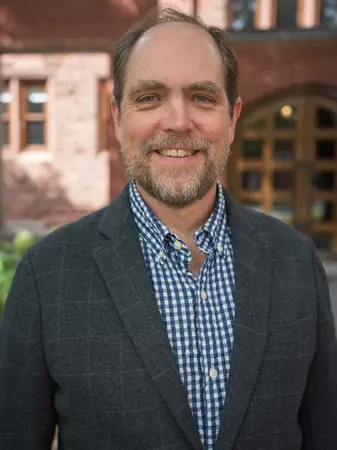
Professor, Department of History
Chair of Estonian Studies, Munk School of Global Affairs and Public Policy
Affiliated Faculty, Centre for European and Eurasian Studies

Professor, Munk School of Global Affairs & Public Policy
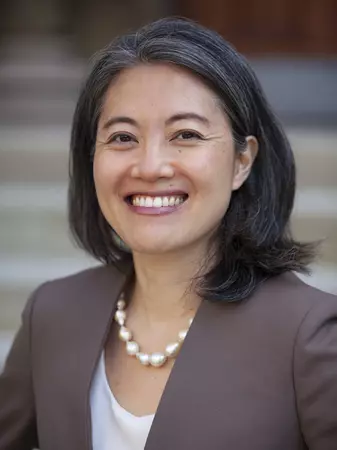
Assistant Professor
Director, Initiative for Education Policy and Innovation
Affiliated Faculty, Centre for the Study of Global Japan

Director, Global Justice Lab
Distinguished Professor of Global Justice
Professor, Munk School of Global Affairs & Public Policy
Affiliated Faculty, Centre for European and Eurasian Studies
Professor, Department of Sociology
Senior Advisor, Undergraduate Programs
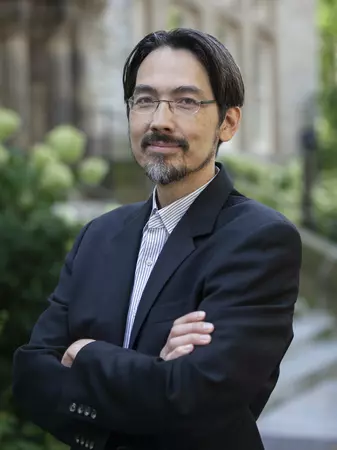
Richard Charles Lee Director, Asian Institute
Chair in Japanese Politics and Global Affairs
Director, Centre for the Study of Global Japan
Professor, Munk School of Global Affairs & Public Policy
Professor, Department of Political Science
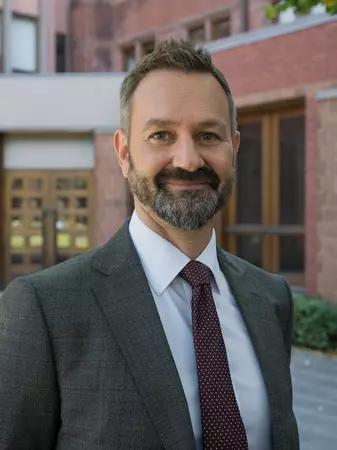
Professor, Munk School of Global Affairs and Public Policy
Professor, Department of Political Science
Affiliated Faculty, Centre for European and Eurasian Studies
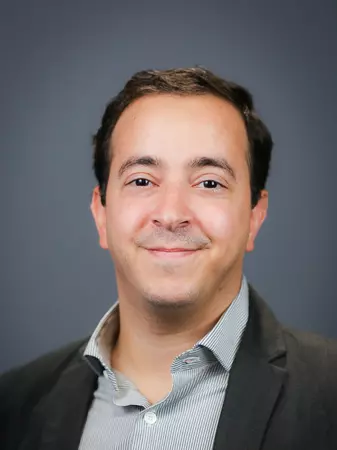
Assistant Professor, Department of Political Science
Assistant Professor, Munk School of Global Affairs & Public Policy

Professor, Department of Family and Community Medicine, Temerty Faculty of Medicine
Principal, Massey College

Director of Academic Life
Professor, Munk School of Global Affairs & Public Policy
Affiliated Faculty, Centre for European and Eurasian Studies

Associate Professor, Munk School of Global Affairs & Public Policy
Associate Professor, Department of Political Science
CEO, International Centre for Tax and Development / Local Government Revenue Initiative (LoGRI)
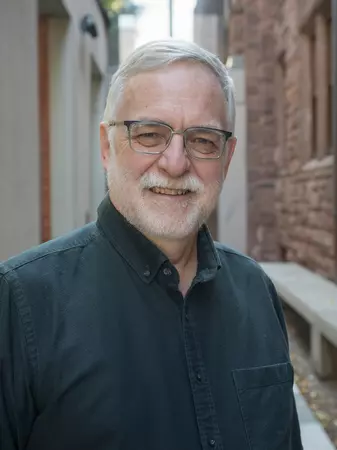
Professor, Munk School of Global Affairs & Public Policy
Presidential Advisor on the Environment, Climate Change and Sustainability
Professor, School of the Environment

Director, Public Policy and Governance Program
Director, Peace, Conflict and Justice Program
Director, Munk One
Associate Professor, Teaching Stream, Department of Economics
Associate Professor, Teaching Stream, Munk School of Global Affairs & Public Policy

Adjunct Professor, Munk School of Global Affairs & Public Policy
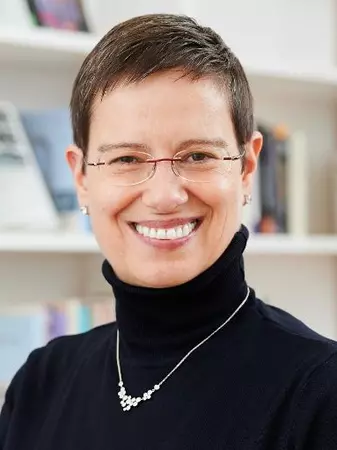
R. F. Harney Professor and Director of the Ethnic, Immigration and Pluralism Studies Program
Professor of Law, Political Science and Global Affairs

Director, Undergraduate Programs and Student Experience
Professor, Teaching Stream, Munk School of Global Affairs & Public Policy
Affiliated Faculty, Centre for European and Eurasian Studies
Director, Wolf Scholars
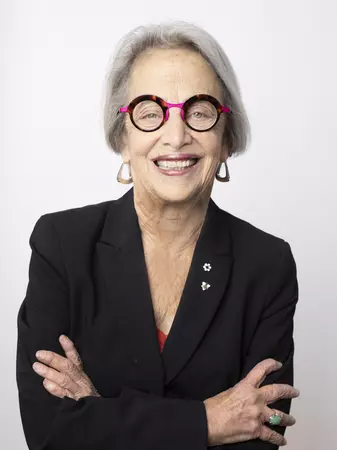
Founding Director, Munk School of Global Affairs & Public Policy
Belzberg Professor of Conflict Management, Department of Political Science
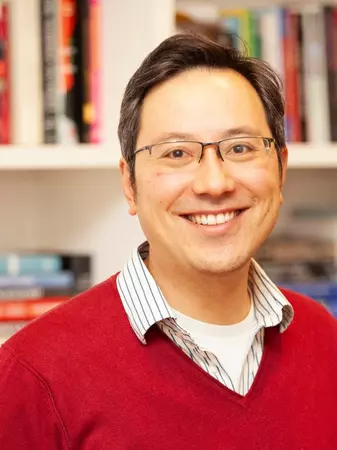
Professor, Department of Economics

Professor, Department of Family and Community Medicine, Temerty Faculty of Medicine
Principal, Massey College

Assistant Professor, International Relations Program, Trinity College

Associate professor of employment relations
Director of the Centre for Industrial Relations and Human Resources
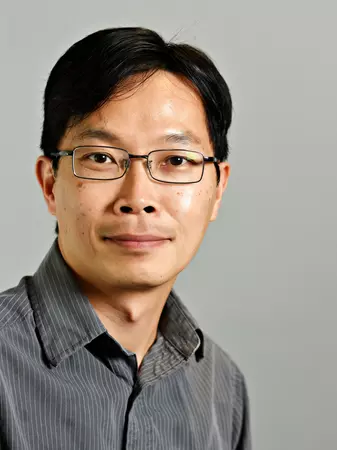
Associate Professor, Department of Historical Studies, UTM
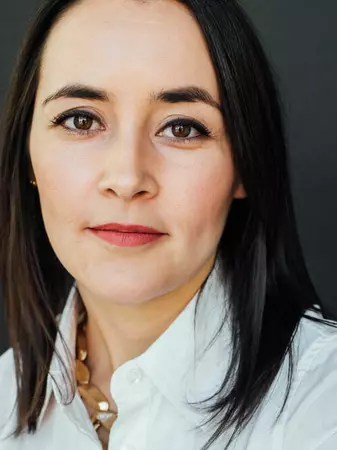
Sessional Lecturer

Sessional Lecturer
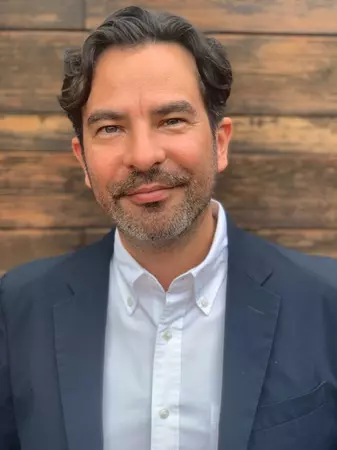
Sessional Lecturer

Sessional Lecturer

Sessional Lecturer
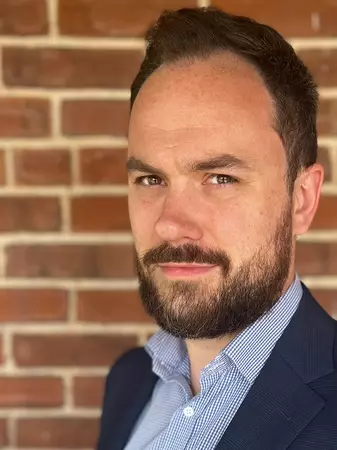
Sessional Lecturer
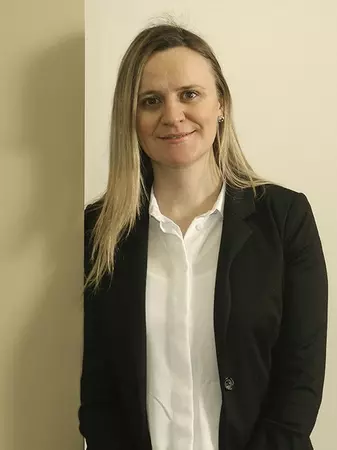
Sessional Lecturer

Sessional Lecturer
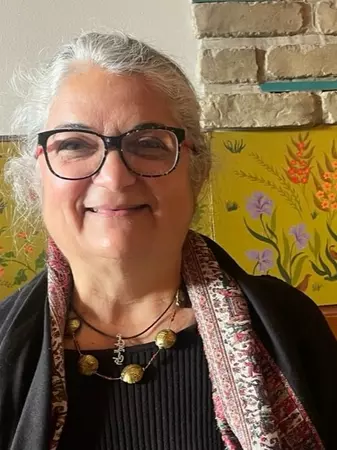
Sessional Lecturer
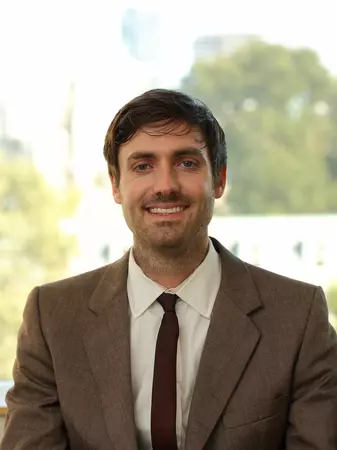
Sessional Lecturer

Sessional Lecturer
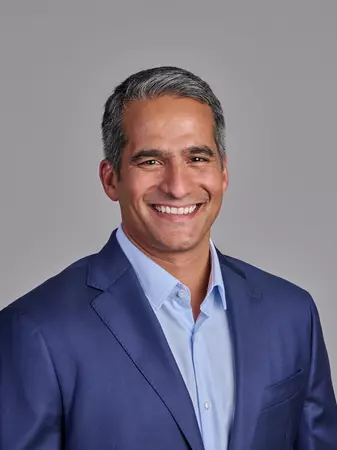
Senior Fellow, Munk School of Global Affairs & Public Policy
Sessional Lecturer
Global Director, Group Strategy Office, The World Bank

Senior Fellow, Munk School of Global Affairs & Public Policy
Lecturer, Master of Global Affairs program
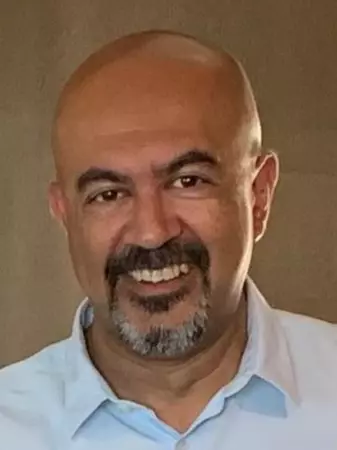
Distinguished Fellow, Munk School of Global Affairs & Public Policy

Director of Research & Innovation, Actua

Senior Research Associate, Global Justice Lab
Sessional Lecturer, Munk School of Global Affairs & Public Policy

Program Coordinator, Master of Global Affairs

Manager, Career Outcomes and Alumni Engagement

Director, Programs

Recruitment and Admissions Officer